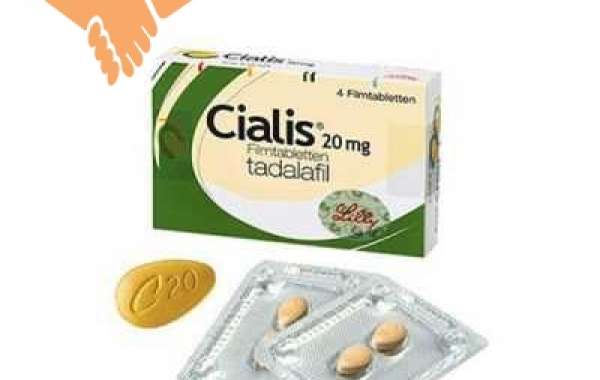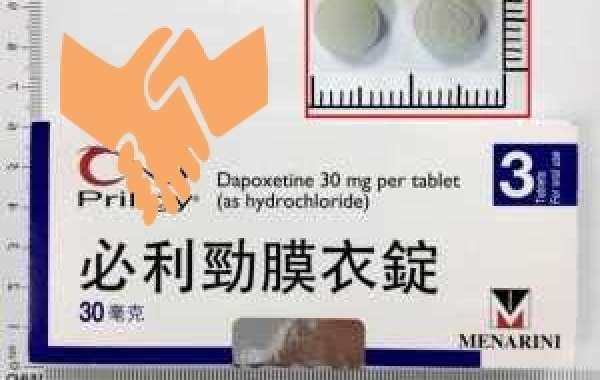Alcohol addiction can be a serious problem, especially if you have been drinking too much and haven't been able to stop. But there are steps you can take to get help.
Moderation or complete abstinence is the best option
If you're suffering from alcohol addiction, you probably wonder which is better, moderation or abstinence. Moderation is the process of limiting the amount of alcohol you consume.
Although it may seem like the best option, moderation doesn't work for everyone. For one, there are plenty of people who have severe drinking problems and can't learn to drink in moderation.
As a result, it may be more practical to try the abstinence route. You may be able to start with a mild form of moderate drinking, and eventually transition to abstinence.
There are several factors to consider. Your goals, your resources, and the amount of effort you're willing to put in to make your change a success.
You'll also need to have an open mind. Some people may need more time to make the decision to get serious about sobriety. In the short term, you might feel like you're the only person who is attempting to change.
Another key factor is the quality of your motivation. It is easier to maintain your motivation when you're not feeling defeated or ashamed.
Biological factors
Biological factors have a significant role to play in alcohol misuse and addiction. These factors include genetics, brain structure, and environmental exposures. The more research we can do into these biological mechanisms, the better we will be able to determine how to prevent and treat addictions.
A biological model of addiction explains the need for the substance and the psychological and physiological reactions that occur as a result. This model incorporates each individual's unique physiology and genetics. It also considers how environmental factors interact with genetic traits and how these influences can influence risk.
Using brain imaging, researchers have observed functional changes in the brains of addicts. These include increased activity in the reward system. In addition, addiction can impair the ability to regulate impulsive desires.
Addictions can cause substantial social, economic, and psychological harm. For example, an estimated $400 billion is spent annually on excessive patterns of tobacco and alcohol use in the U.S. People who experience early-life adversity or are exposed to a stressful environment are at a higher risk for developing an addiction.
Social factors
Several social factors contribute to alcohol addiction. These can include cultural norms, family life, neighborhood characteristics, peer networks, and individual level factors. Having a comprehensive understanding of these factors can help identify risk factors and develop appropriate programs to prevent alcohol initiation.
Cultural norms are a strong predictor of heavy drinking. Some cultures strongly associate drinking with celebrations, while others are more conservative. Those with more conservative attitudes are less likely to drink.
Alcohol availability is also a significant factor. People who live in areas with more availability of alcohol are more likely to drink. Similarly, individuals who have a higher level of parental monitoring are less likely to engage in alcohol consumption.
Discrimination is also associated with high levels of alcohol use. Studies have found that people who report discrimination are nearly four times more likely to use other substances. There are also positive associations between discrimination and past-year drinking.
Young immigrants, particularly those who move to the United States at an early age, may be more at risk for substance abuse. They may not have fully assimilated into the culture. Their social environments may also be more negative.
Treatment options
Alcohol addiction can be treated in several ways, including outpatient and inpatient treatment. The type of treatment that you receive depends on the severity of your problem and how long you have had it. It may also be necessary to address any co-occurring disorders.
Your primary care physician (PCP) can determine if you have an alcohol or substance use disorder and recommend an appropriate treatment plan. He or she will ask questions about your alcohol and drug use, including whether it has led to any criminal activities or work incidents.
Your PCP may also recommend outpatient or inpatient treatment. Outpatient treatment involves regular scheduled sessions with an addiction counselor. An inpatient program is a more intensive treatment option that usually requires you to live in the treatment facility for a number of days. This will allow you to focus on recovery, and will likely include group therapy and individual counseling.
Inpatient treatment is often a preferred choice for severe addiction. You will typically be given medications, such as disulfiram, to help manage withdrawal symptoms and prevent relapse.








